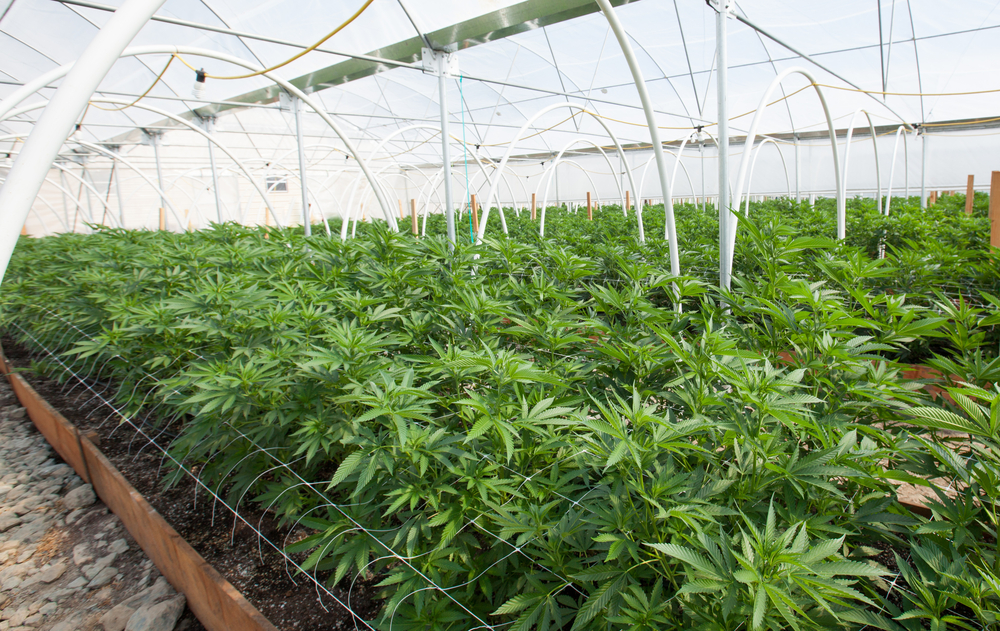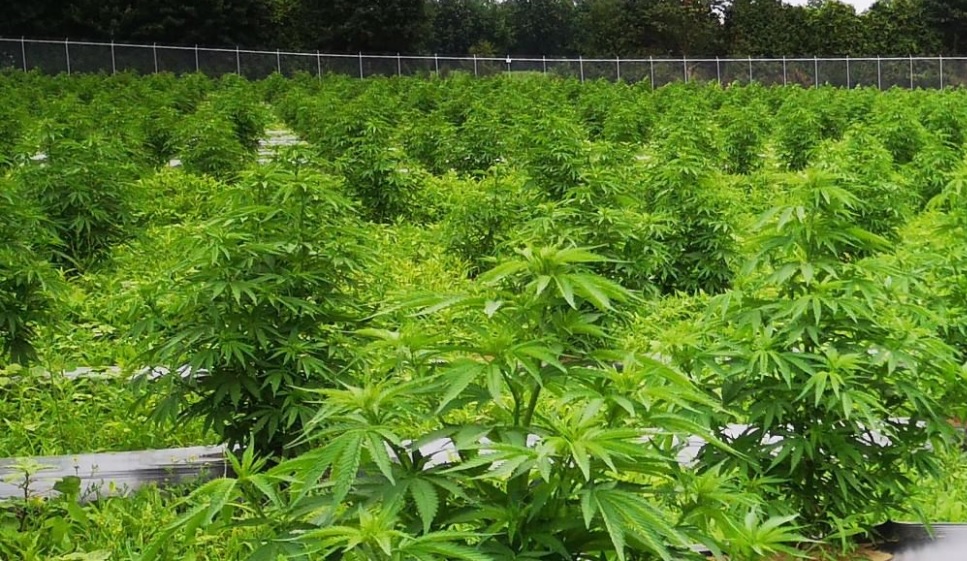A portion of the Narcotic Control Commission Act, 2020 (Act 1019) that permits an entity to be licensed to cultivate a small amount of cannabis, also known as “wee” in Ghana, for industrial and medical uses has been ruled illegal by the Supreme Court.

A seven-member panel of the supreme court ruled on July 28, 2022, by a 4-3 majority, that Section 43 of Act 1019 was invalid because it violated Article 106 of the 1992 Constitution, which outlines the procedures a bill must go through before being voted into law by Parliament.
The claim of the plaintiff is successful. As a result, Section 43 of the Narcotics Control Commission Act, 2020 (Act 1019) is deemed invalid and illegal since it violates both the letter and the spirit of the Constitution of 1992, namely Article 106(2)(a), (b), ((5), and ((6) thereof, the court said.
A certain Ezuame Mannan sued the Attorney-General in the case that led to the verdict. The majority’s justices were Jones Dotse, Clemence Jackson Honyenuga, Henrietta Mensa-Bonsu, and Emmanuel Yonny Kulendi. The judges Issifu Omoro Tanko Amadu, Nii Ashie Kotey, and Nene Amegatcher were in disagreement.
The detailed justification for the court’s judgment, which it stated will be filed at the court register by August 11, 2022, was not provided. Act 1019’s Section 43 states that “the Minister, on the recommendation of the Commission, may grant a license for the cultivation of cannabis, commonly known as “wee” in Ghana, which has a THC content of not more than 0.3 percent on a dry weight basis for industrial purposes of obtaining fiber or seed for medicinal purposes.”
The procedures a bill must go through before being approved into law by Parliament are covered in Article 106 of the 1992 Constitution, which is titled “Mode of Exercising Legislative Powers.” No bill, other than those covered by Article 108, paragraph 7:
(a), of this constitution, may be introduced in Parliament unless – (a) it is accompanied by an explanatory memorandum setting forth in detail the policy and principles of the bill, the shortcomings of the law as it stands, the solutions proposed to address those shortcomings, and the necessity for its introduction.
(b) At least 14 days prior to the date it was introduced in Parliament, it was published in the Gazette. “Where a bill has been debated upon by the proper committee, it shall be reported to Parliament,” states Article 106(5) of the 1992 Constitution and Article 106(6) of the Under the same constitution, “the report of the committee coupled with the explanatory memorandum to the bill shall provide the foundation for a complete debate on the bill for its passage, with or without modifications, or its rejection by Parliament.”
Ghana started the procedures to legalize the growing or production of Indian hemp “wee” or cannabis with a license. In 2020, certain African nations decided to legalize the use of cannabis for medical purposes, while others chose to allow the growth and export of the drug for research and medical use.
After passing the Narcotics Control Commission Act, 2020 (Act 1019), Ghana joined these other African nations in investigating the alleged opportunities in cannabis. The Narcotics Control Commission Act, 2020 (Act 1019), which received the president’s blessing on May 11, 2020, after being approved by parliament on March 20, 2020, had a particular clause about cannabis.
According to Section 43 of Act 1019, “the Minister, on the recommendation of the Commission, may grant a license for the cultivation of cannabis which has not more than 0.3 percent THC (Tetrahydrocannabinol) content on a dry weight basis for industrial purposes for obtaining fiber or seed or for medicinal purposes.”













